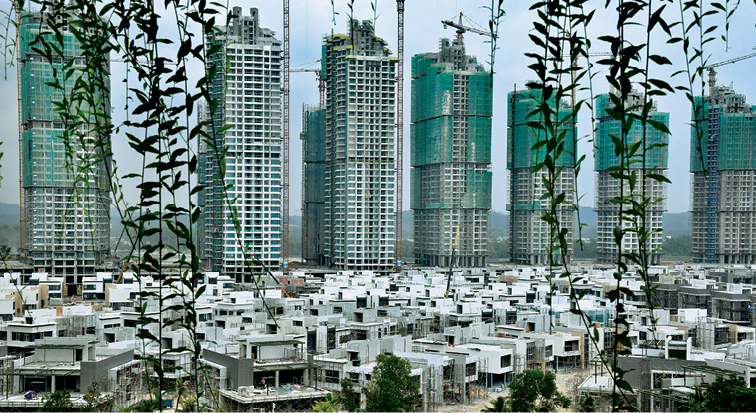
KUALA LUMPUR (June 5): The Malaysia My Second Home (MM2H) programme is currently in “limbo” owing to the closure of borders brought about by the global Covid-19 pandemic plus the suspension of the scheme since last July, reported The Edge Malaysia.
And this has impacted “demand in many markets, particularly those targeting foreign homebuyers in the Klang Valley, Penang and Johor”.
“Before the pandemic, some states such as Perak and Penang were giving benefits to entice MM2H participants to retire there. For instance, they were allowed to buy properties valued below RM1 million, but limited to two units,” said Malaysia My Second Home Consultants Association (MM2HCA) president Anthony Liew.
But “interest of foreign buyers, especially from Singapore, in Johor properties has fallen since Malaysia shut its borders. The three big Chinese developers — Country Garden Pacificview Sdn Bhd, R&F Development Sdn Bhd and Greenland Group — have seen the demand for their developments in Johor from Chinese buyers drop”, he revealed.
Country Garden Pacificview told the weekly that before the pandemic, it managed to hand over more than 20,000 units to their owners. However, an industry source also told The Edge that only 20% to 30% of the properties at Forest City are currently occupied.
Samuel Tan, executive director at Johor-based KGV International Property Consultants (M) Sdn Bhd said that there have not been any foreigners coming to Johor to purchase property over the past year or so as borders have remained shut.
“The market sentiment is still soft as a result of Covid-19. Employees are concerned about job security. Most businesses are still not back to the pre-pandemic days with the on-and-off lockdown measures,” Tan added.
Meanwhile, companies offering consultancy services for MM2H visas and expatriate services “have seen their earnings nosedive” after the programme was suspended.
A consultant who has been running an MM2H consulting business in Kuala Lumpur since 2009 told The Edge that his business has dropped by about 70% since the suspension while many of his counterparts had to shut down.
MM2HCA’s Liew said the suspension “worsened” the situation “for businesses reliant on the programme that are already reeling from the effects of the travel restrictions and border closures due to the pandemic”.
“We hope that the government won’t drag its feet on this matter because MM2H brings economic benefits to the country. These are high-net-worth individuals. If foreigners on employment passes are allowed to enter the country, MM2H visa holders who abide by the standard operating procedures should also be allowed in,” he added.
“We understand that there has been a devaluation of the local currency and some revisions may be needed in terms of the financial requirements. But what we hope is that the new requirements will not be too steep to jeopardise the flow of participants who are coming in. And we hope that the government will resume the programme as soon as possible.
“Even if it can’t do it in one go, at least do it in phases with ‘green list’ countries first, for example,” said another consultant.
Dr Yeah Kim Leng, professor of economics at Sunway University Business School also believes that the MM2H scheme “has been relatively successful in attracting high-net-worth individuals to Malaysia who make contributions to the country in terms of their investments in the property market, especially the high-end segment, as well as the business environment through their entrepreneurship and capital”.
“They do have a higher multiplier effect on the economy. An expatriate household typically spends above RM10,000 a month, of which a large portion goes to rent, children’s education and healthcare,” he told the business publication.
“We are basically tapping into their spending power in the country. Given that they are typically high-income earners, their spending power is larger. So we are also capitalising on expanding Malaysia’s domestic demand by contributing to higher spending,” Yeah added.
Back in January, state assemblyman for Bukit Gasing, Rajiv Rishyakaran commented on the issue, saying that since its inception in 2002 to 2019, MM2H has brought in an estimated RM40 billion to the economy.
“Freezing the programme is almost like killing the goose that lays the golden eggs,” he said.
Rajiv said that “unfreezing” MM2H would help the rental and property market, which had been hit by the pandemic as it is targeted at high-net-worth individuals.
“At a time when we are battling a slump in the economy due to the Covid-19 pandemic, we should do everything we can to grow the domestic economy, including reopening MM2H entries, rather than freezing out an economic opportunity,” he added.
Read the full report in this week’s The Edge Malaysia
Get the latest news @ www.EdgeProp.my
Subscribe to our Telegram channel for the latest stories and updates





